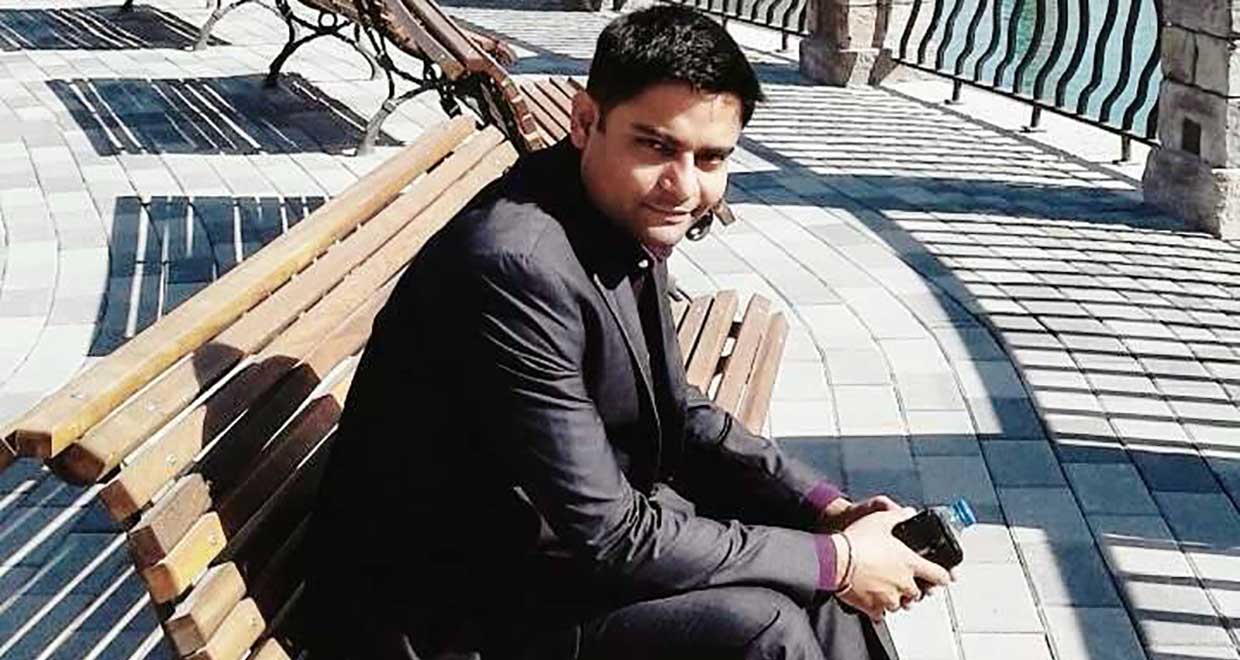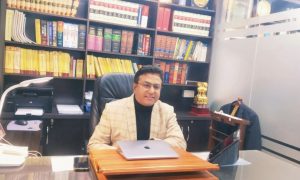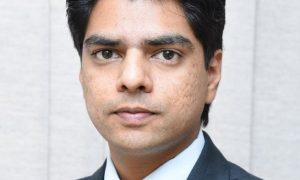Abhinandan Mishra graduated in law from NLIU, Bhopal, in 2006. After working as a PO in SBI and as an officer in the Indian Navy, he moved to journalism in 2011. He has worked as the state correspondent for New Indian Express in MP and CG. His expertise is investigation, internal security and political parties.
In this interview we speak to him about:
- His time at NLIU
- His passion for journalism
- His diverse experience
How would you like to introduce yourself to our readers?
I am a journalist with the Sunday Guardian, who did law from NLIU Bhopal.
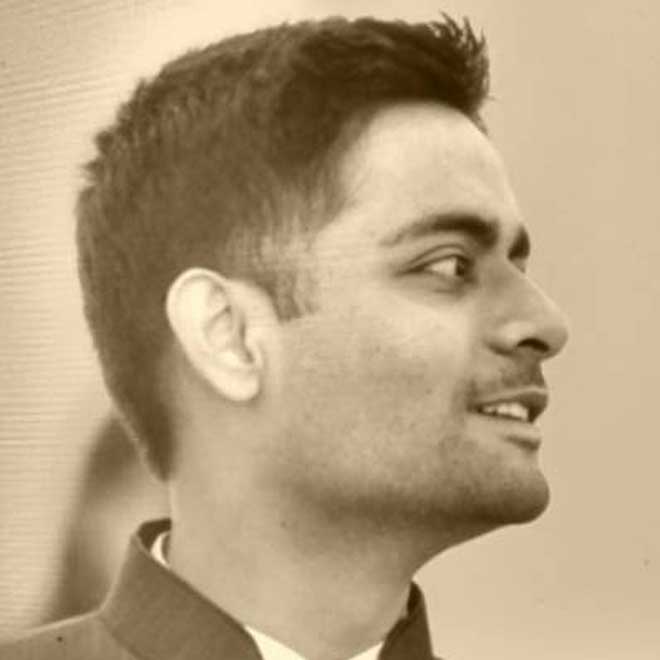
What makes the NLIU experience different from other institutions?
It will be unfair to compare one law school with the others but what I fondly remember about NLIU, Bhopal is the natural surrounding that surrounds the campus. It is perhaps the only law university that has three dams and one reserved forest area within a radius of three km of the college campus.
In your opinion, what are the law school centric activities that you would recommend as necessary experiences for every law student?
I never participated in moot. The one thing that a student should try to focus after entering any law university is developing his or her social skills, read a lot of books, fiction, non-fiction whatever interests the individual. Also try to write articles, opeds and get them published. If you are not able to publish it in a newspaper or a journal, publish it on your own blog. This exercise will help you immensely in countless ways during your college and also when you graduate.
Growing up, did you have a mentor?
There were many people who have motivated me to do things at various points of the life including my parents, some of my batchmates, a couple of my seniors and one professor.
Your career started at SBI, where you were a PO. How did the drastic shift happen from there to the Indian Navy?
When I graduated in 2006, the first job that I got was in Doha, Qatar with the Qatar Tribune where I was selected on the basis 150 plus articles that I had written and published in national dailies. After I came back, I started preparing for UPSC. However, I could not clear it and during that period I got into SBI as a PO and from there I moved to the Indian Navy in the JAG branch. However, ultimately I got back into journalism. It was in 2011, when I was 28, had worked in six different roles and places, that I finally decided that it is journalism, where I will retire from, hopefully.
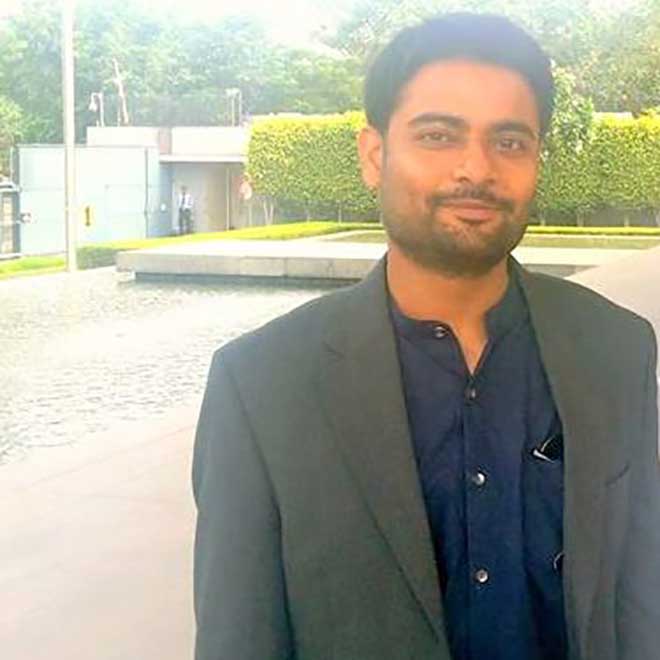
What motivated you towards journalism?
The fact that the words that you write can bring in a change , in the society and in the life of individuals.
Did you have to undertake any additional educational training in order to pursue journalism?
No, I did not. Like every job in journalism too, if you have the heart in it, you will be able to do okay provided you are flexible in your approach and do not shy away from learning and reading about everything under the sun as a journalist is expected to know something about everything.
Give us a brief capsule of the life of a journalist and your average working day experience.
I cover internal security and political parties and my average working day consists of talking to ‘sources’, who are nothing but normal people and meeting these sources to dig out a story or to develop information that I already have. During this average working day destiny will present you the opportunity to speak to union ministers and also to most wanted terrorists.
What is your message to our readers?
College is the time when one should explore everything and do a bit of everything. It is the time when responsibilities are few and you are allowed to do things which may look illogical or may go against the herd mentality. Develop your passion, however, small it may look to others. Do not worry about a job, eventually you will land up with a reasonable job if you are street smart and have common sense and it is these two things that no college teaches you but you have to learn it yourself.

